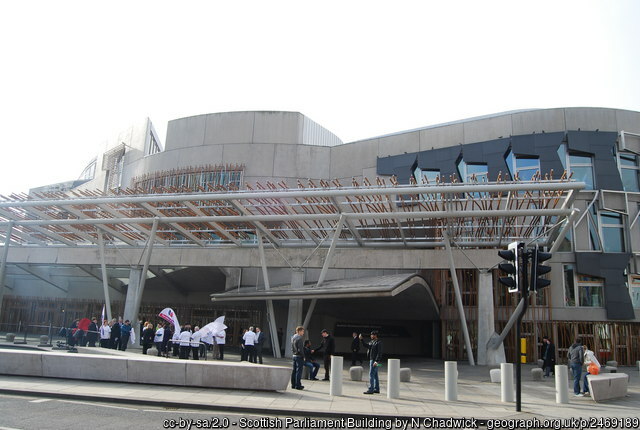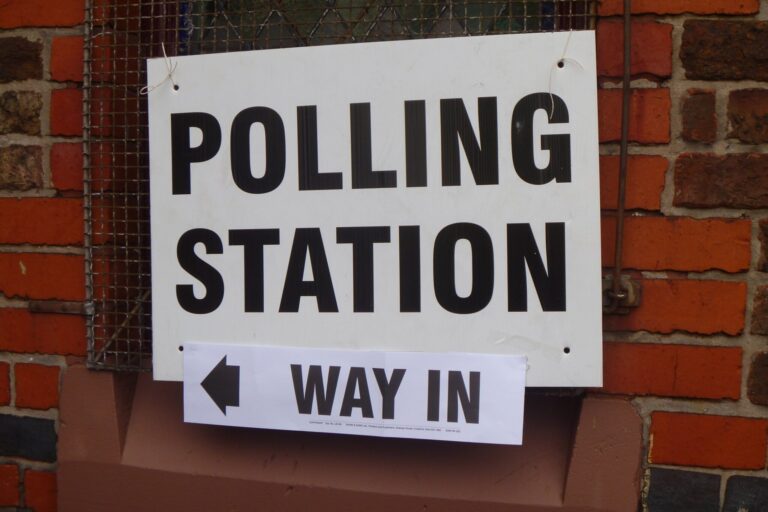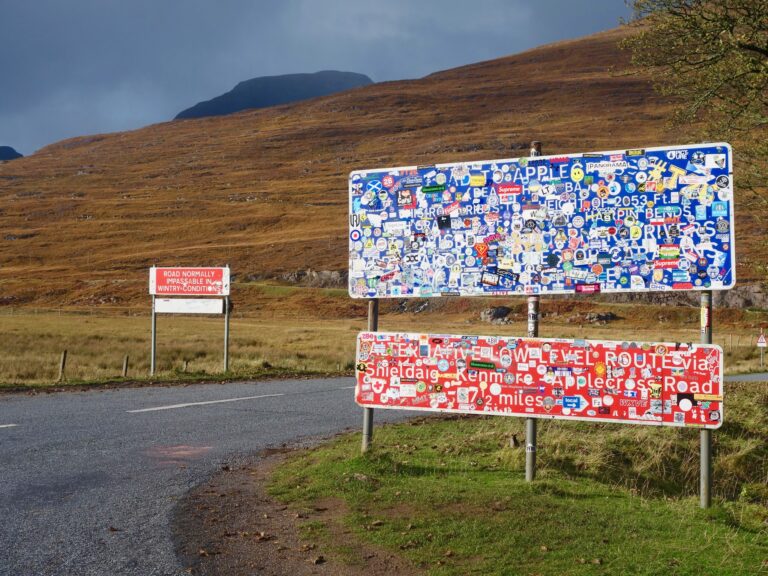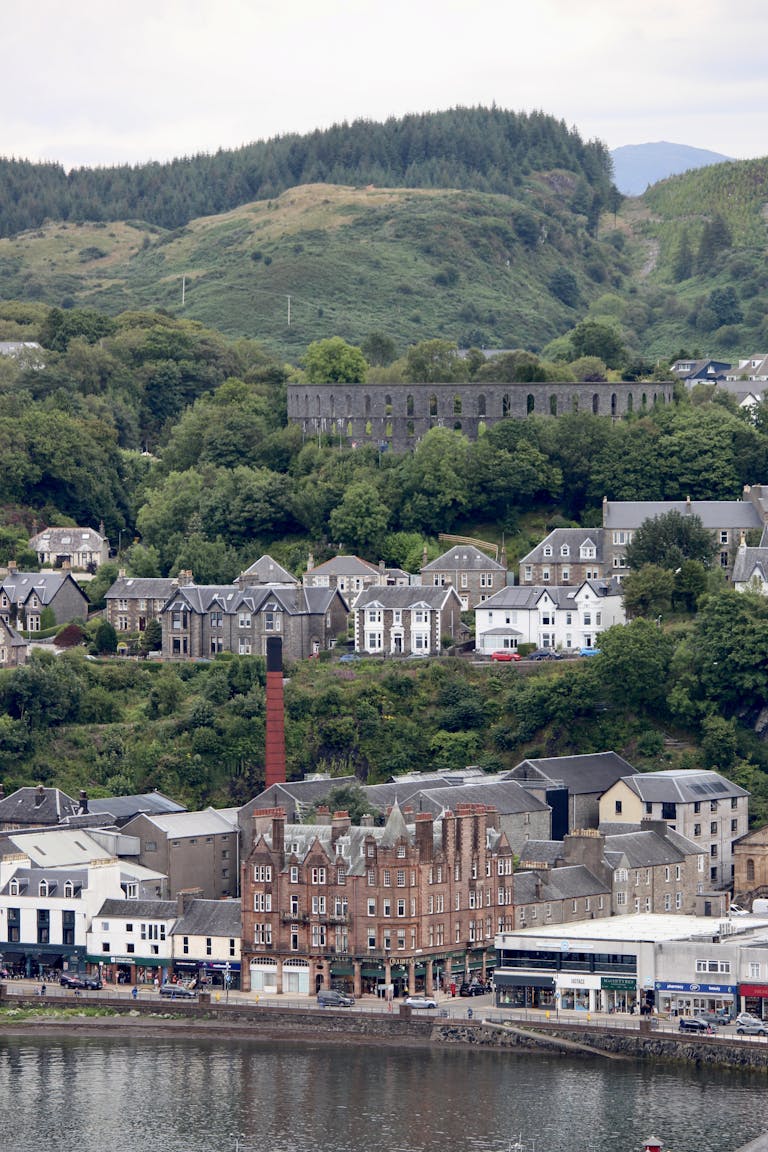Why Build a Local Scotland? – Esther Roberton
This year is the 25th anniversary of the Scottish Parliament and we have seen many events marking the milestone. There continues to be much discussion looking back on what has been achieved and looking forward to what could or should be done over the next 25 years.
As Coordinator of the Scottish Constitutional Convention, I helped finalise and launch the scheme the Convention produced after several years of hard work and consensus building. ‘Scotland’s Parliament, Scotland’s Right’ (SPSR) was launched on St Andrew’s Day 1995 with the support and commitment of several political parties, MPs, Councillors, Trades Unions, churches and other civic organisations. This went on to form the basis of the Scotland Act.
Over the next two years till the referendum in September 1997, I toured the country explaining the plan to audiences ranging from half a dozen people at a Chamber of Commerce event in the north of Scotland to 200 people at major conferences. One of the most common questions I was asked was whether the new Parliament wouldn’t just suck up powers from local government.
Given that all the members of the Convention had signed up to the commitment outlined in SPSR of subsidiarity – decisions made at the most local level that is appropriate – and to devolving powers out of the Parliament, I answered with complete confidence and certainty that this definitely wouldn’t be the case. How wrong could I have been? Subsequent governments have drawn powers to Holyrood and centralised many of the functions of local Councils.
As outlined elsewhere, Scotland is one of the most centralised counties in Europe with the largest local Councils. The average Council has 170,000 citizens, whilst the European average is 10,000. Councils here have fewer powers and are often seen as merely the delivery arm of the Scottish Government.
In the years since 1999, there have been various attempts to address the original aspiration for local democracy but none have yet been implemented. The Verity House Agreement between Scottish Government and CoSLA, the representative organisation of Councils, is the latest. At the same time, confidence in politics and democracy has continued to fall. Meanwhile, in the absence of local democracy, communities across the country have taken action to meet their local needs and priorities. Examples range from the Isle of Eigg community buyout to the Govanhill Baths Community Development Trust and Greener Kirkcaldy. On a recent trip to Shetland I stayed in Bigton, a village of just 300 people and was blown away to learn the scale of their activities. A group called the Bigton Collective had raised the funds to buy St Ninian’s Church and create Hymhus, a venue with a focus on arts, health and well-being. The villagers also run a vibrant Community Hall and a Community Shop. These ambitious ventures are quietly replicated all over the country.
The 25th anniversary offers an opportunity to revisit this unfinished business and address a serious democratic deficit. I believe we need to engage the people of Scotland in a discussion to build a consensus on how best to build a local Scotland and bring us into line with European democratic norms. This would harness the energy and creativity of the public and begin to rebuild confidence in democracy.
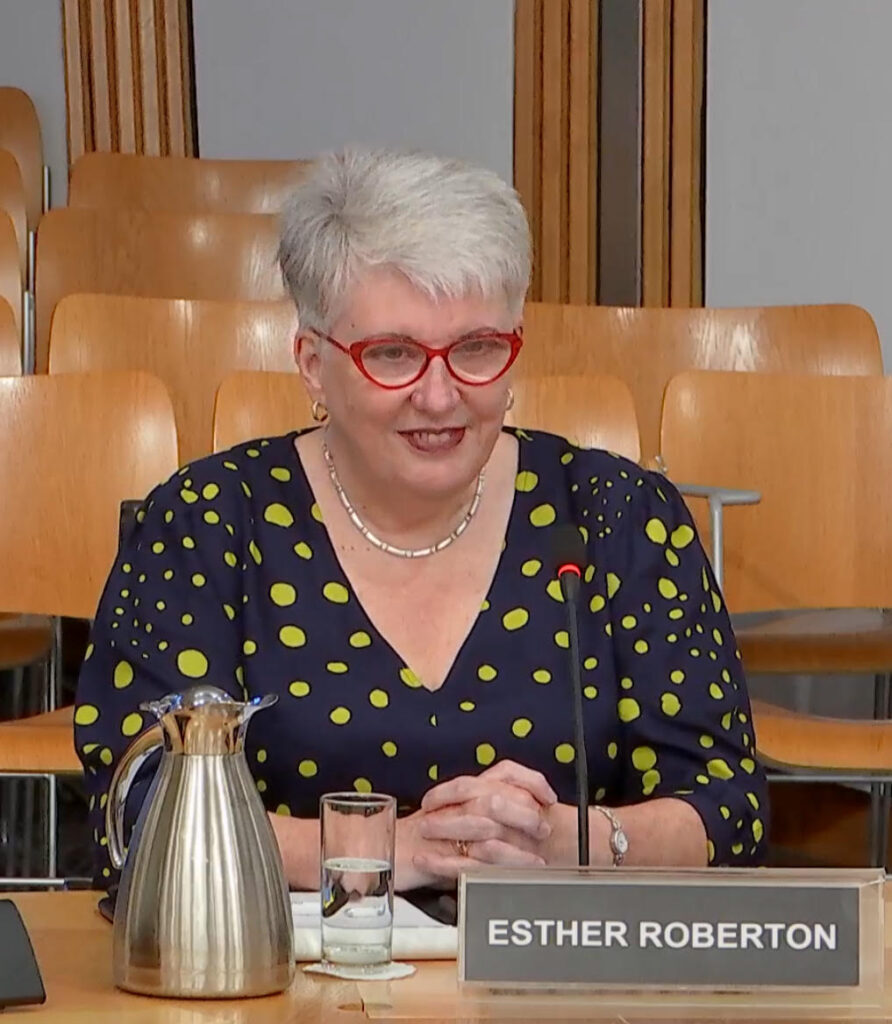
Esther Roberton is the former Coordinator of the Scottish Constitutional Convention whose 1995 publication ‘Scotland’s Parliament, Scotland’s Right’ provided the blueprint for the Scottish Parliament. She is a board member of the Parliament’s Scottish Futures Forum and a passionate advocate of local democracy, community involvement, collaboration and consensus.

